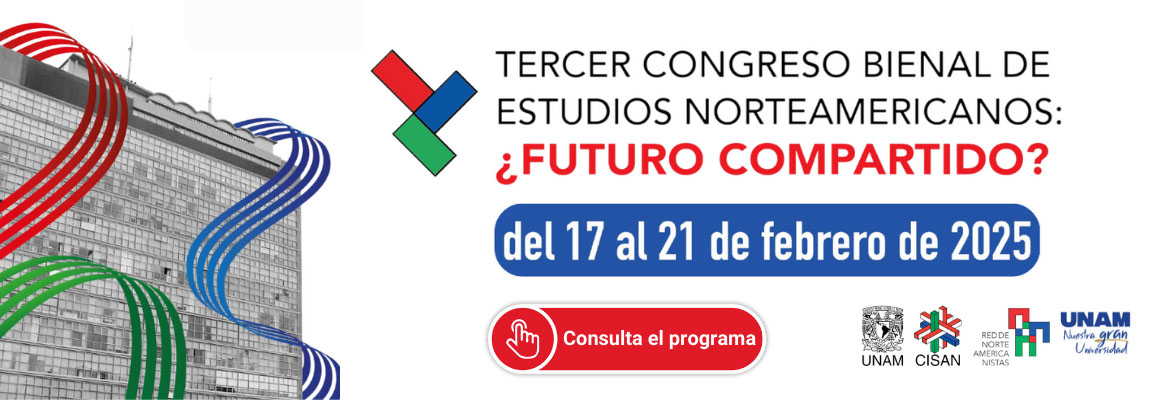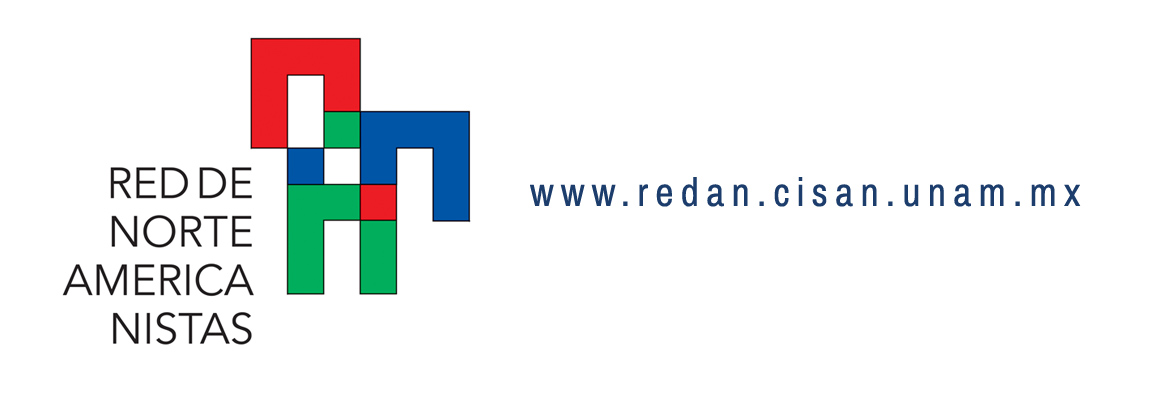Dates
February 17th to 21st, 2025
Venue
CISAN, UNAM, Tower II of Humanities, Ciudad Universitaria, Mexico City
Free Access
Call for papers
In the 21st century, international geopolitics has been reconfigured in the midst of two global crises: the environmental and health crises, coupled with armed conflicts, in a context of intense irregular migratory flows and growing economic inequality. On the other hand, the technological gap and the rise of Artificial Intelligence (AI) are trends that present risks and opportunities that we must address. Cultural revolutions, especially the feminist and sexual diversity movements, as well as disenchantment with political democracy have triggered multiple social movements revealing specific problems that go beyond governments and require cross-cutting governance. Furthermore, political polarization and the resurgence of various expressions of populism and the rise of ultra-conservative governments threaten the processes of democratization and, at the same time, lead us to question the possible futures for North America and its relationship with other regions and the world.
In 2024, as they do every 12 years, Mexico and the United States coincide in their presidential elections; Canada, for its part, has a general election scheduled for 2025, which suggests common political agendas and shared futures. In the United States, on the other hand, following President Joseph Biden's withdrawal from the Democratic nomination and Vice President Kamala Harris's rapid positioning as a possible alternative to Trumpism, the campaign has escalated in polarization, political tensions and violence.
North America as a whole faces enormous challenges. 2024 marks the 30th anniversary of the entry into force of the North American Free Trade Agreement (NAFTA), now the Mexico, United States and Canada Agreement (TMEC for its acronym in Spanish), which has become the institutional regulatory framework that favors nearshoring and the relocation of companies and investments to the region. However, there are issues that have generated arguments that will be taken to dispute resolution panels: transgenic corn and the energy issue. In addition, as contemplated, the TMEC will have its first review in 2026, which foresees complicated scenarios beyond who governs each country.
In order to investigate the possible scenarios of the aforementioned topics, as well as to discuss and analyze their impact on the priority problems and challenges of North American integration, from a multi- and interdisciplinary perspective, the Center for Research on North American, through the North American Studies Network (REDAN for its acronym in Spanish), invites you to participate in its Third Biennial Conference on North American Studies "Shared Futures?
Thematic axes
| • Geopolitical and strategic studies |
| • Regional and interregional studies |
| • Social and cultural studies |
| The thematic axes include, illustratively but not limited to, issues such as the following: |
|
Objectives
- To promote interaction among specialists in different aspects relevant to the North American region and to encourage the participation of young people who are venturing into the research of new thematic lines in our field of study.
- To discuss about the possible directions that regional integration processes could take from a comparative perspective, taking into account European, Asian and South American experiences, among others, in order to contrast them with the North American regional context.
- To analyze Mexico's relations with the United States and Canada as commercial partners, in terms of cooperation, as well as recent socio-cultural manifestations in the North American region.
- To identify the emerging social processes and how they are manifested in the current information society, as well as the policies that prevail in the trilateral relationship within the framework of the T-MEC.
- To contribute to research, teaching and innovation agendas, as well as to the creation of new projects and lines of research for North American studies, in accordance with the current situation of the world.
Venue
| In-person: Center for North American Studies, floors 7 and 10 of Tower II of Humanities, Ciudad Universitaria, Mexico City. Check location here |
Free access
| Attendees |
|---|
| Free access
* A certificate of attendance will be issued to those who attend at least 7 panels in-person. Each panel will have an electronic attendance form. |
Executive Commitee
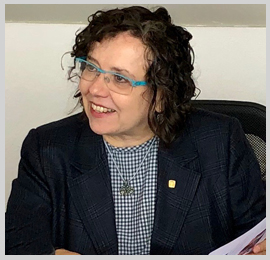
Dra. Graciela Martínez-Zalce Sánchez

Dr. Juan Carlos Barrón Pastor

Dr. Oliver Santín Peña
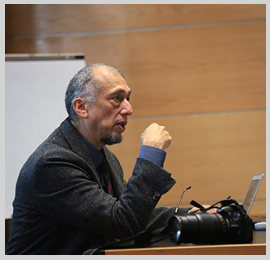
Dr. Alejandro Mercado Celis
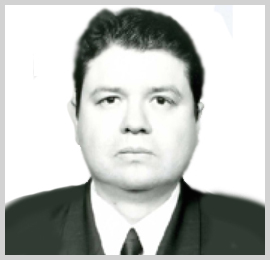
Dr. Roberto Zepeda Martínez
Contact
Location:
Floors 7 and 10 of Tower II of Humanities
Ciudad Universitaria, Mexico City.
E-mail:
Phones
55 5623 0300 to 55 5623 0309


